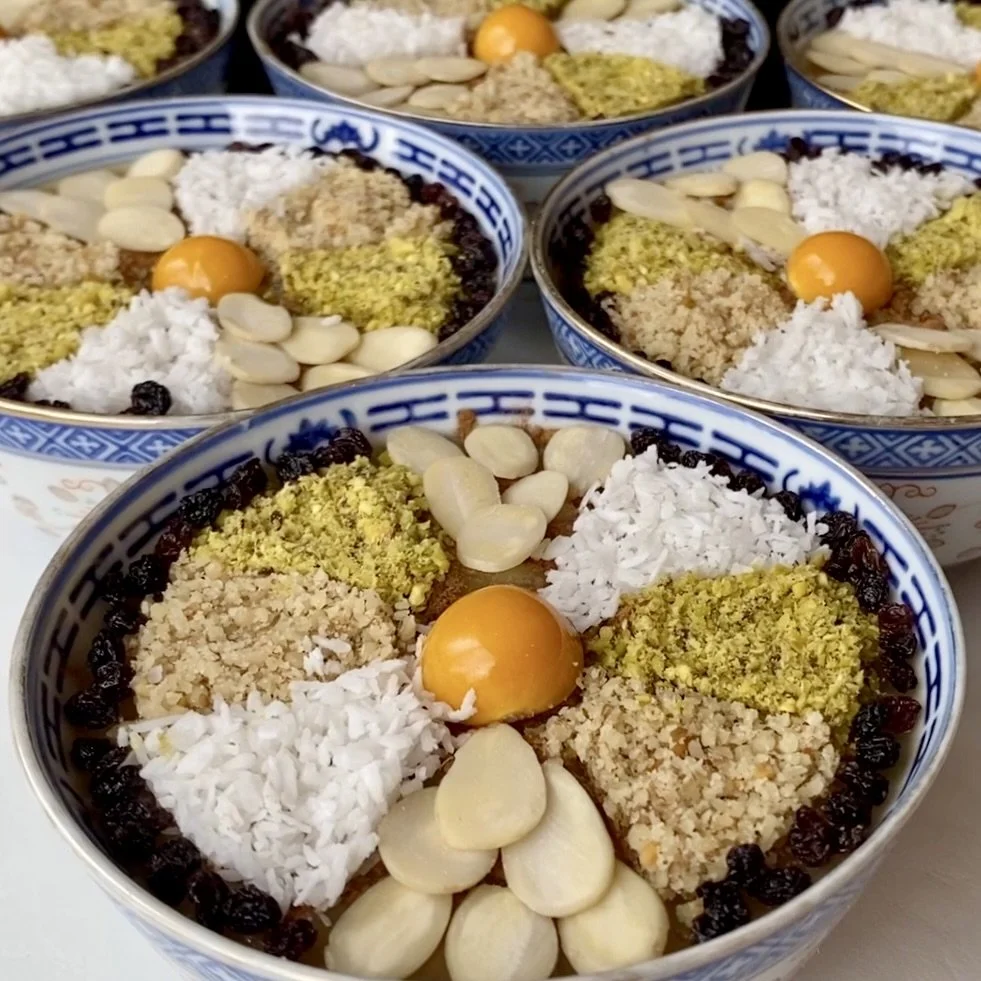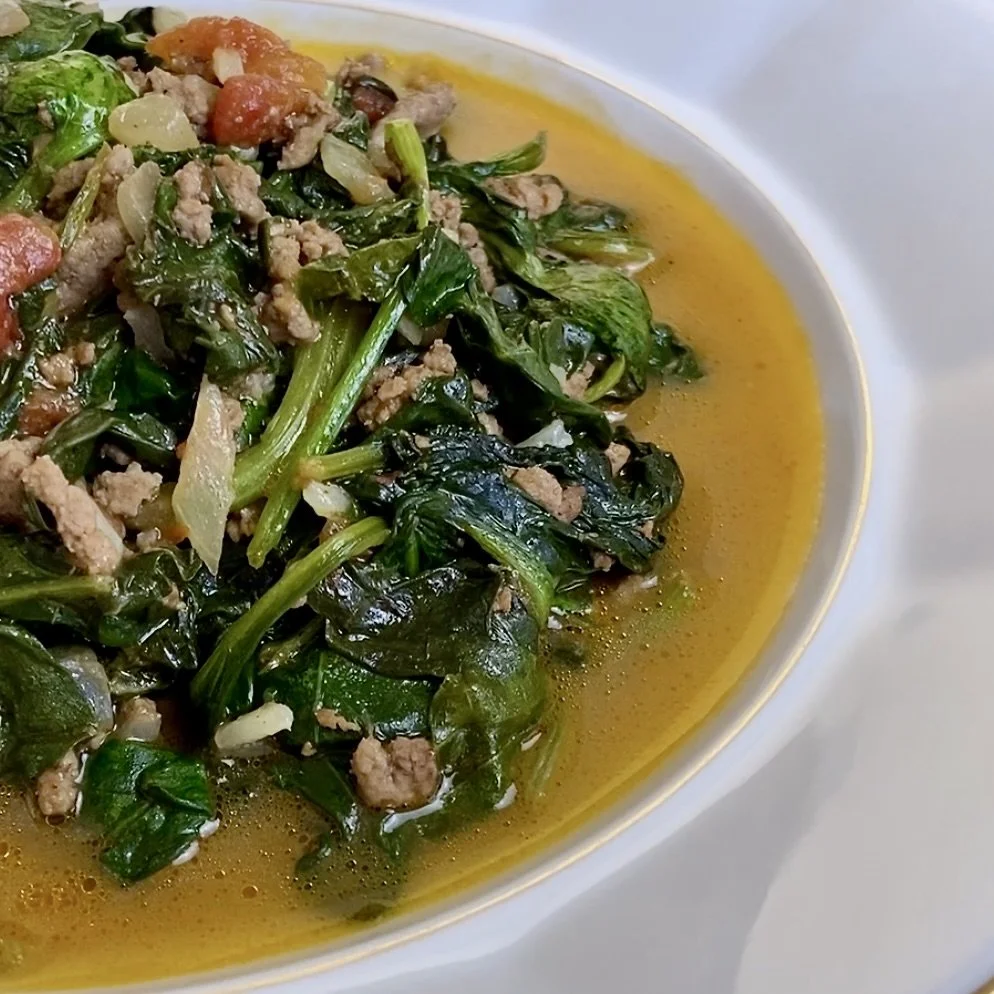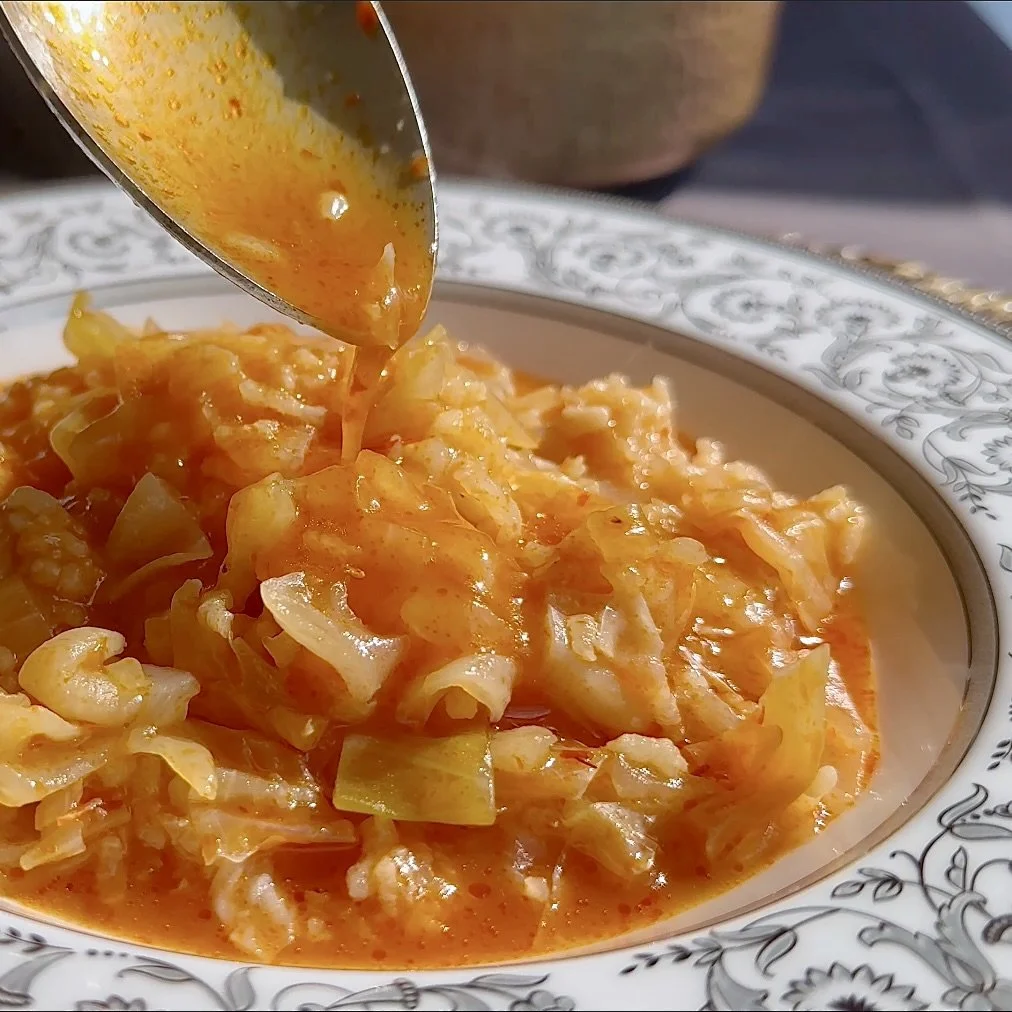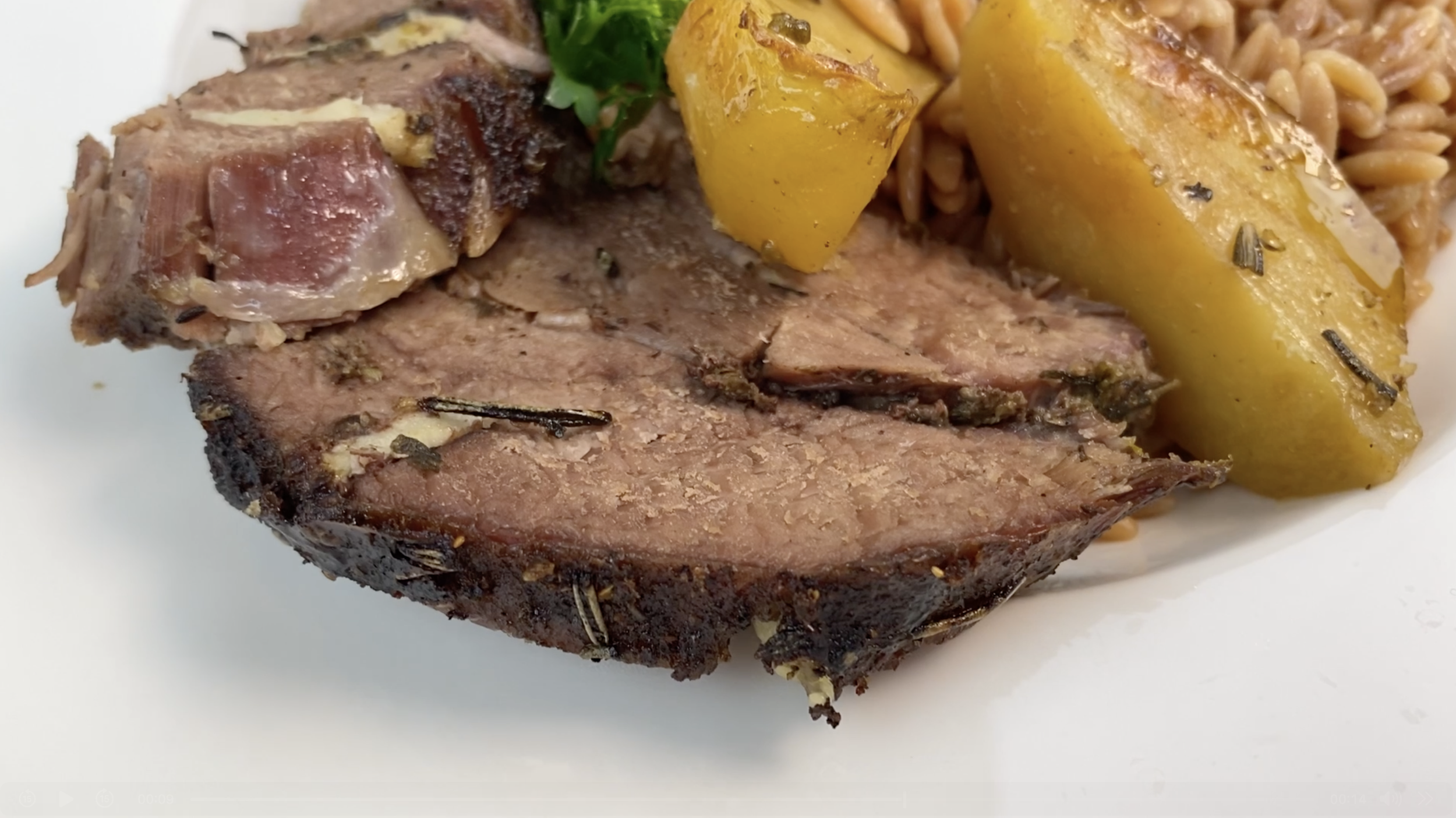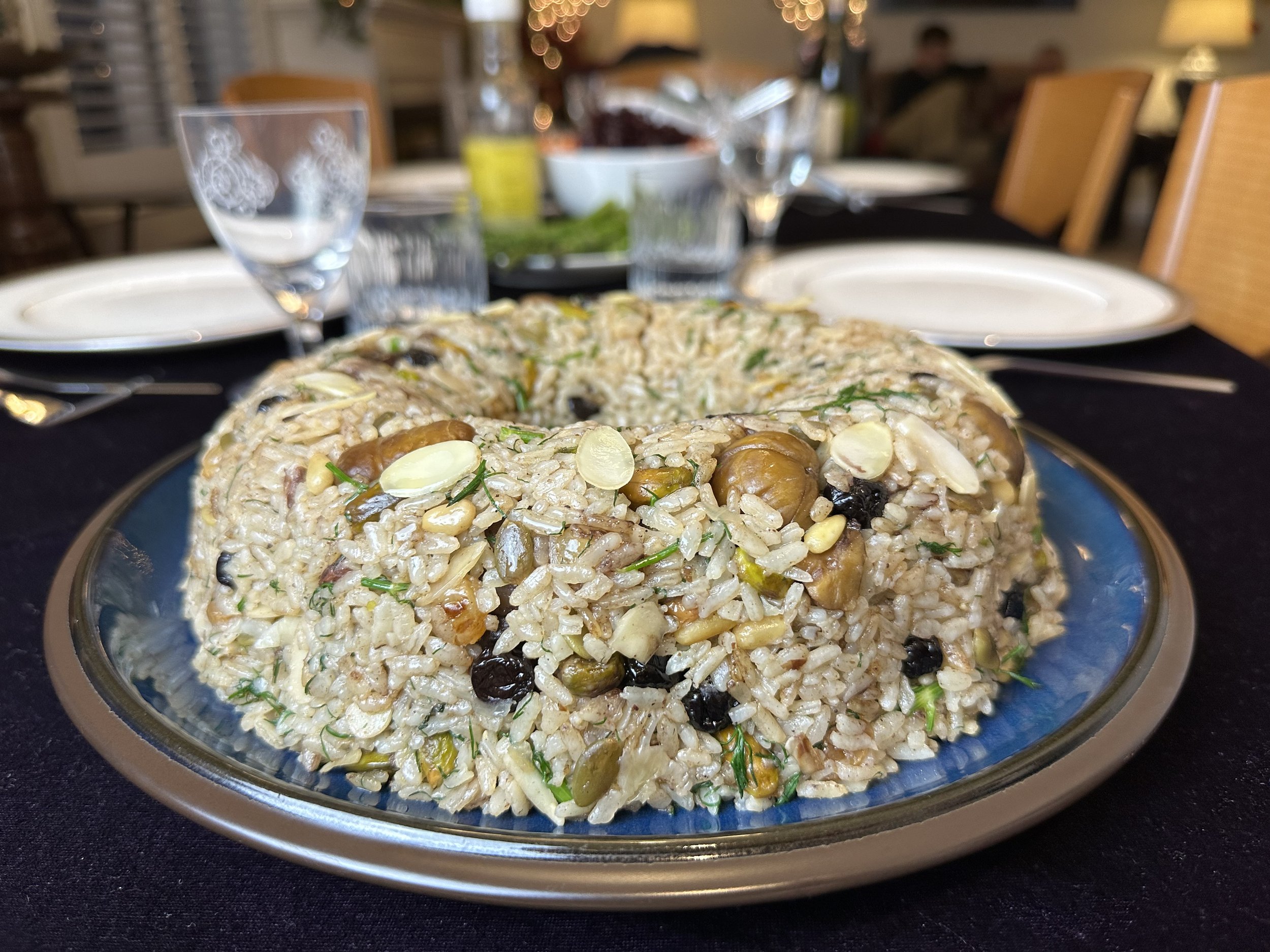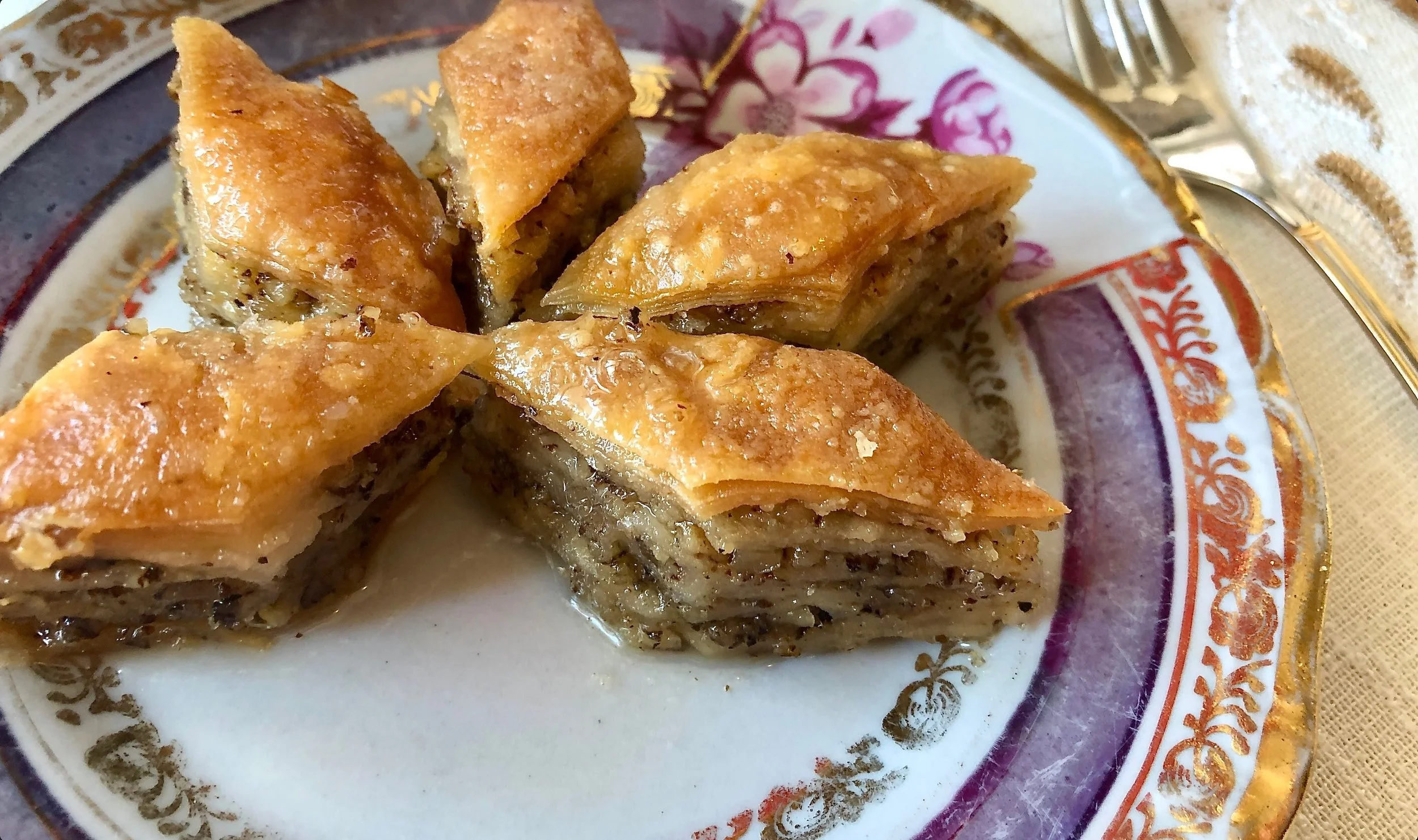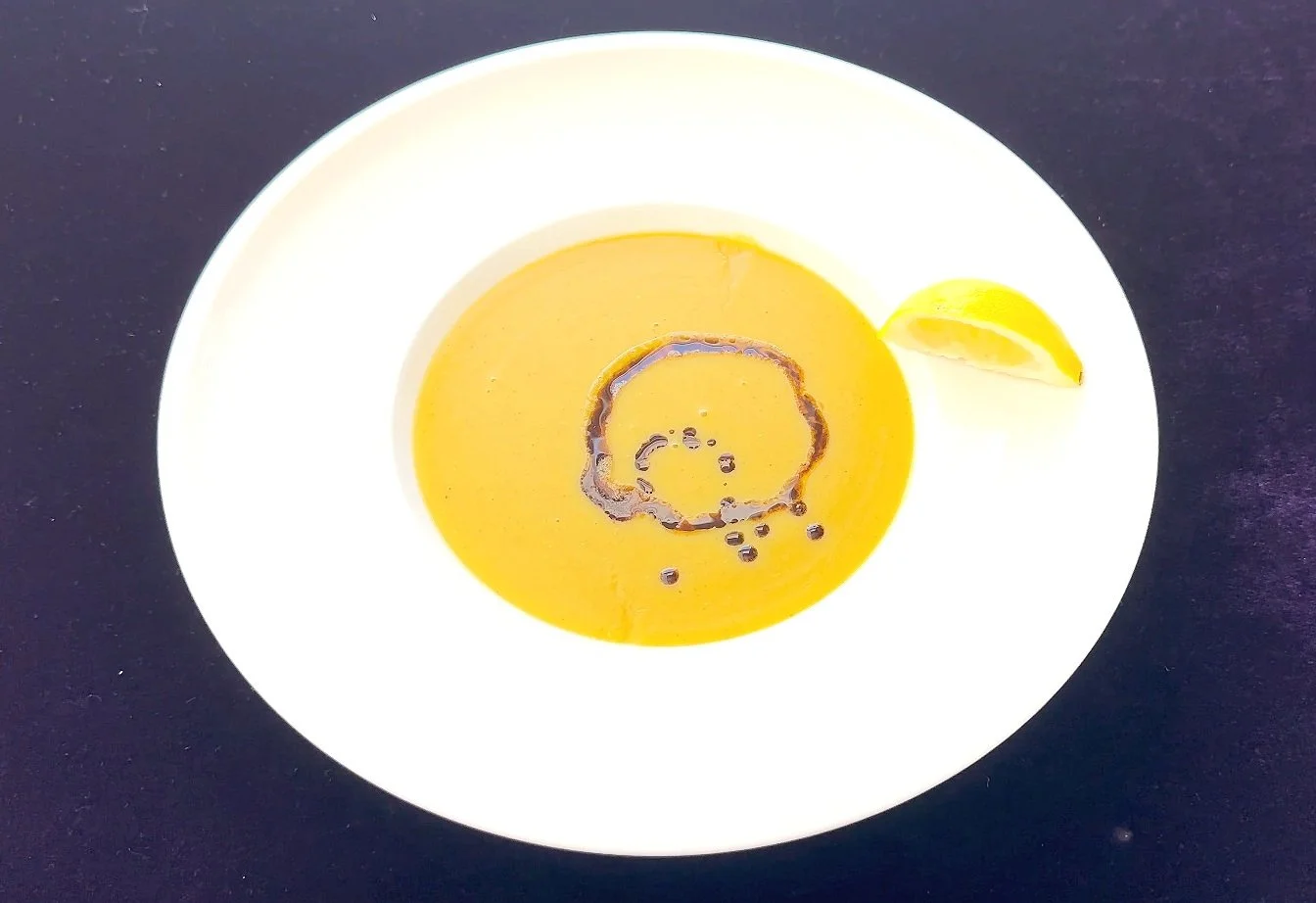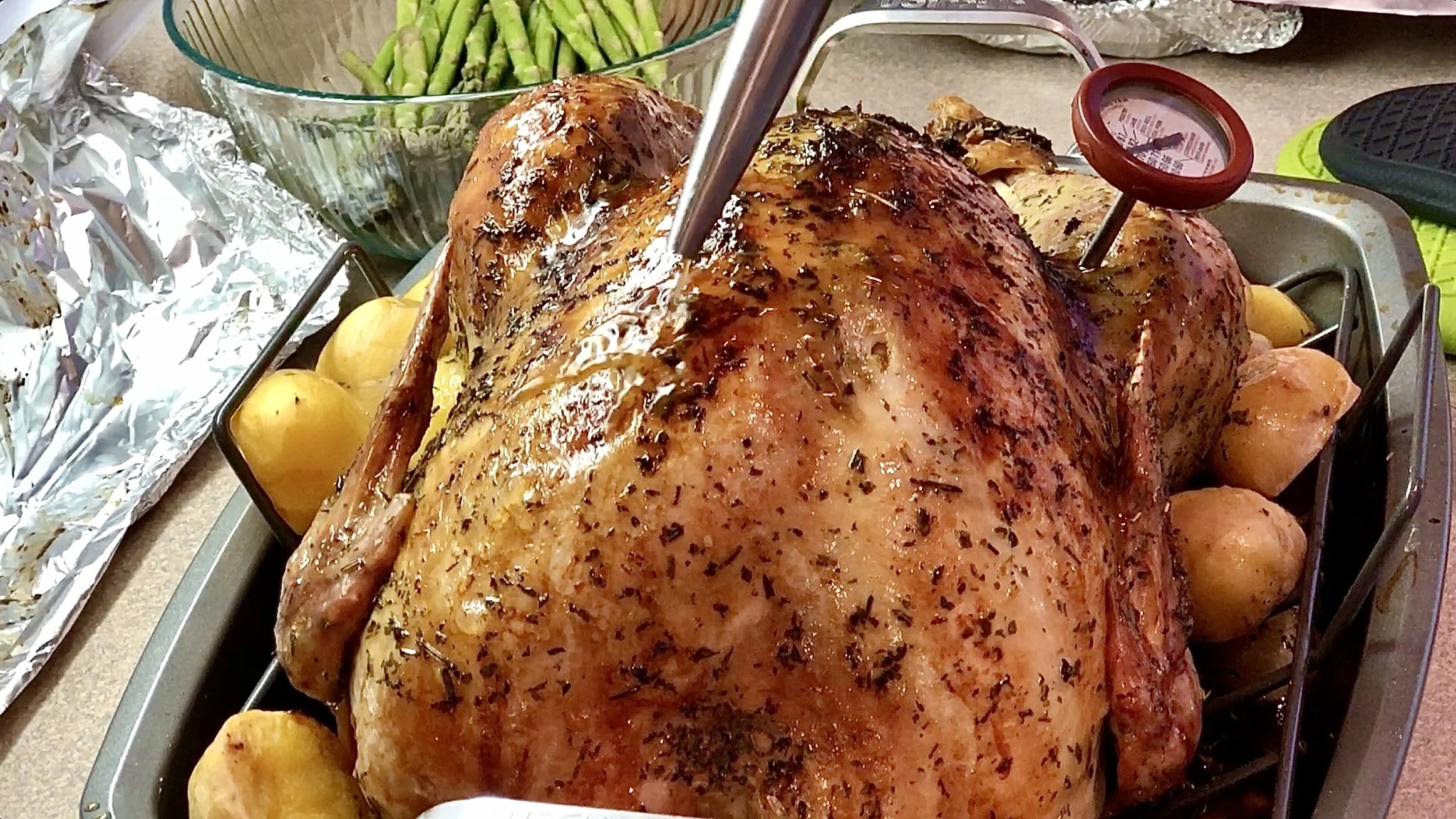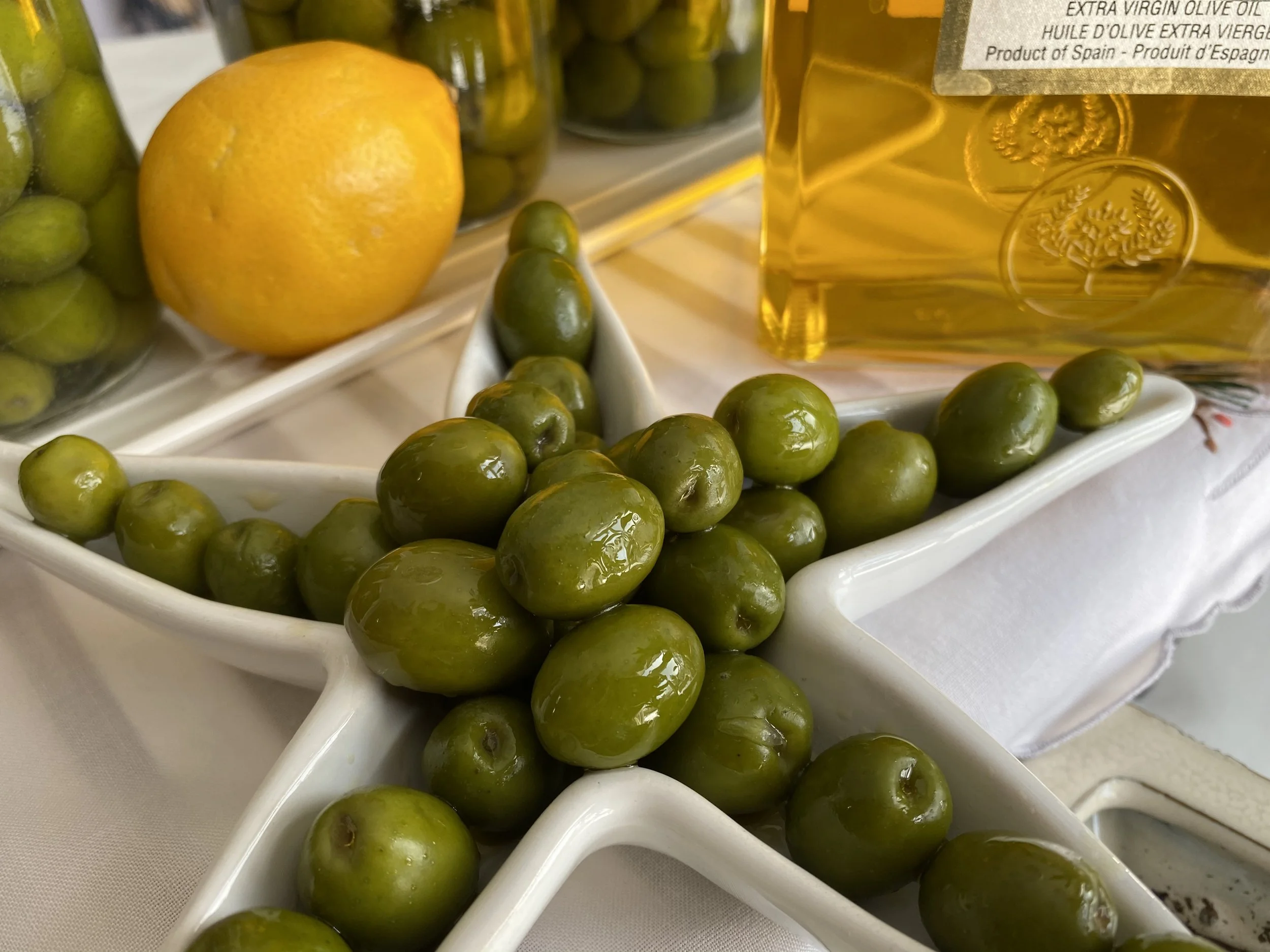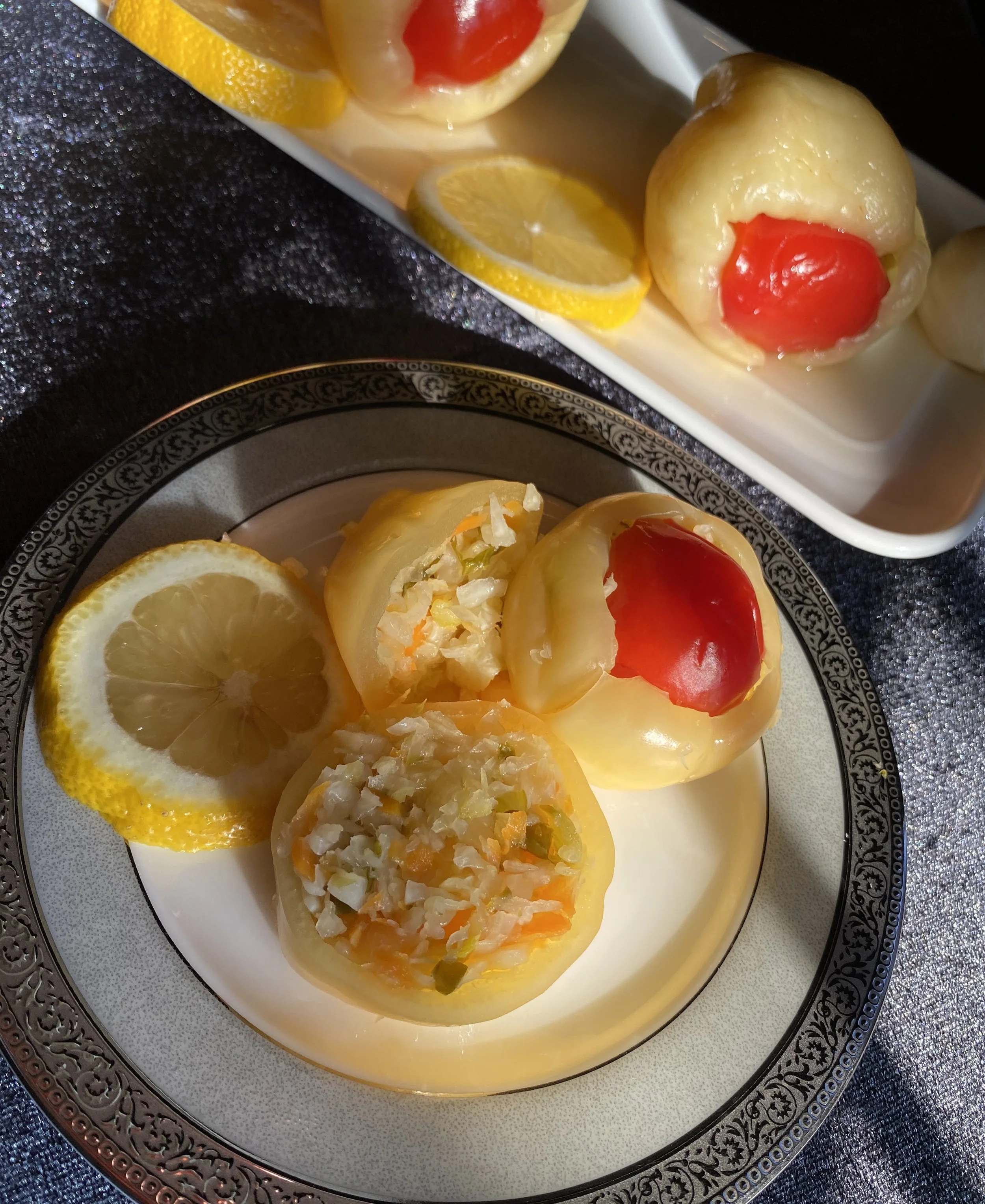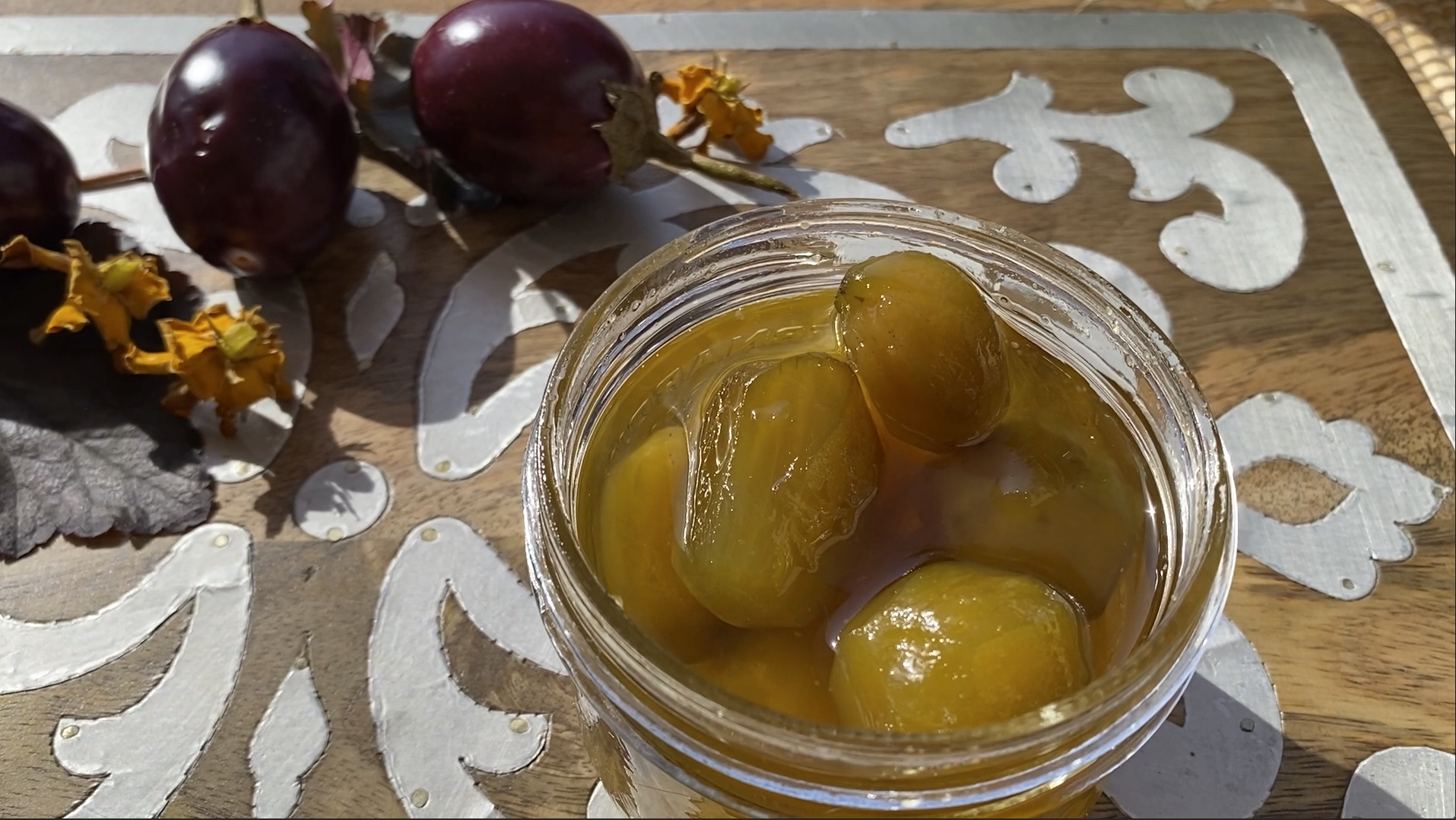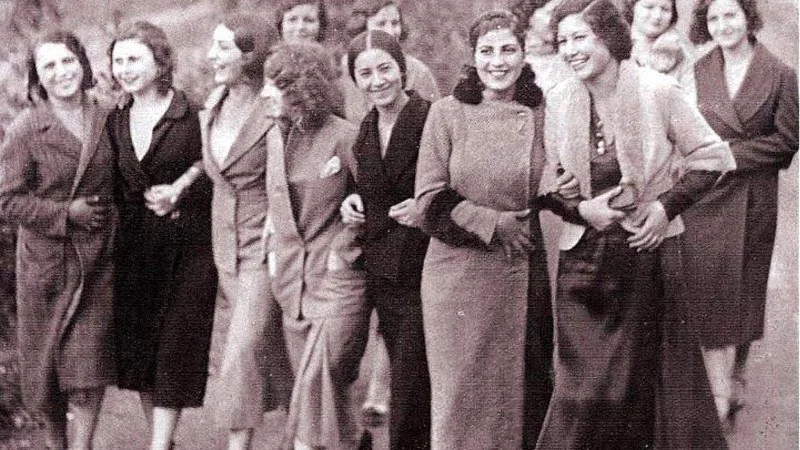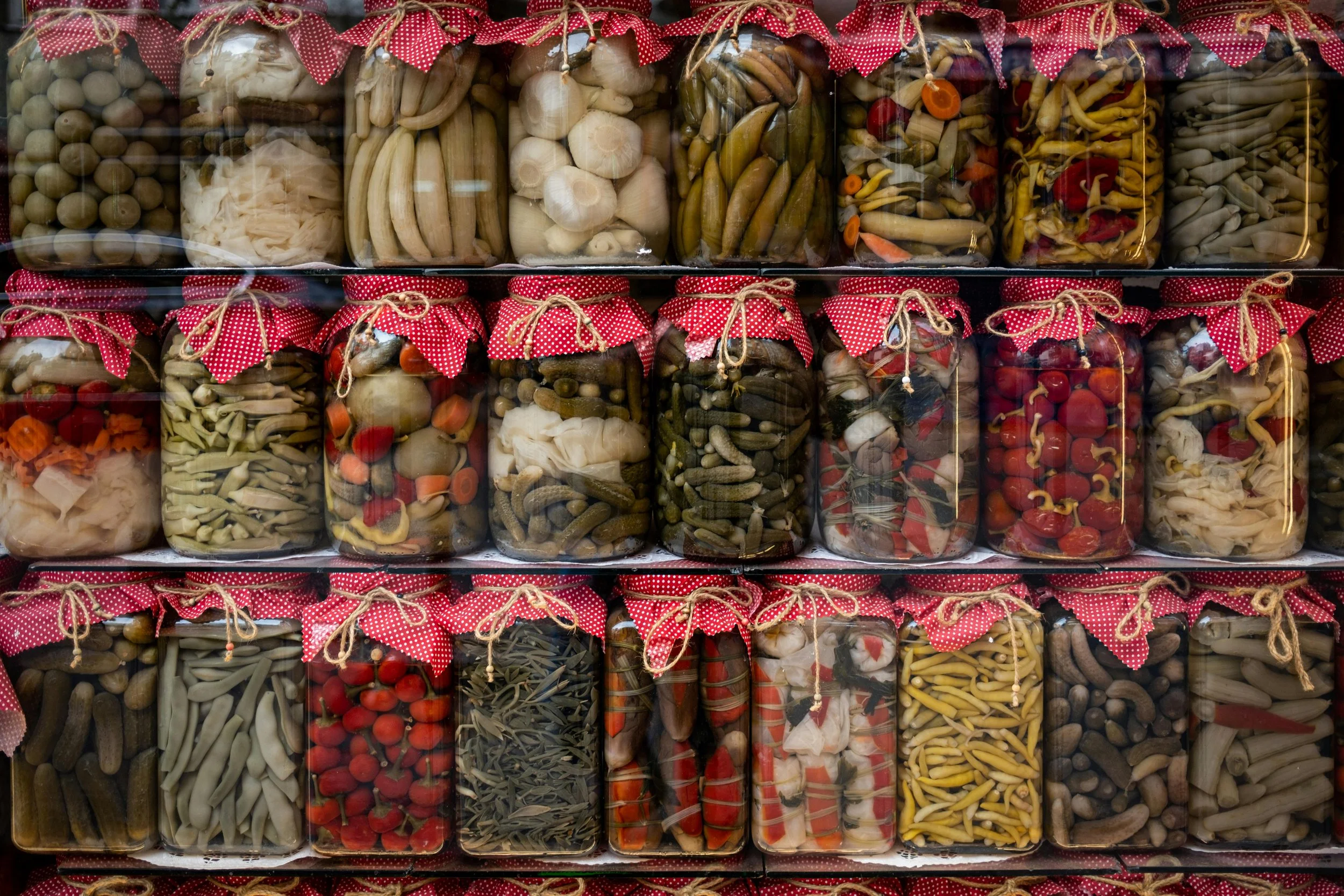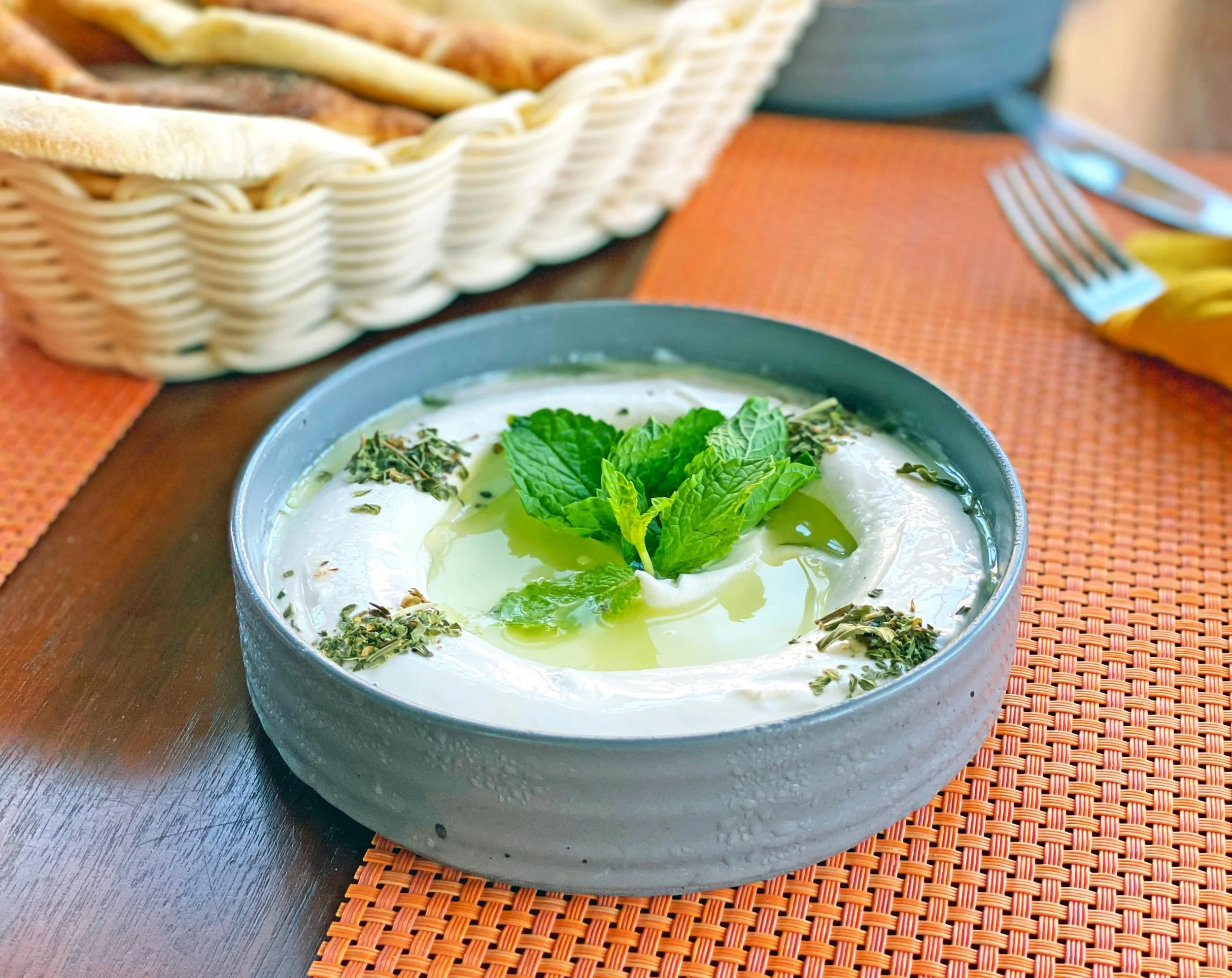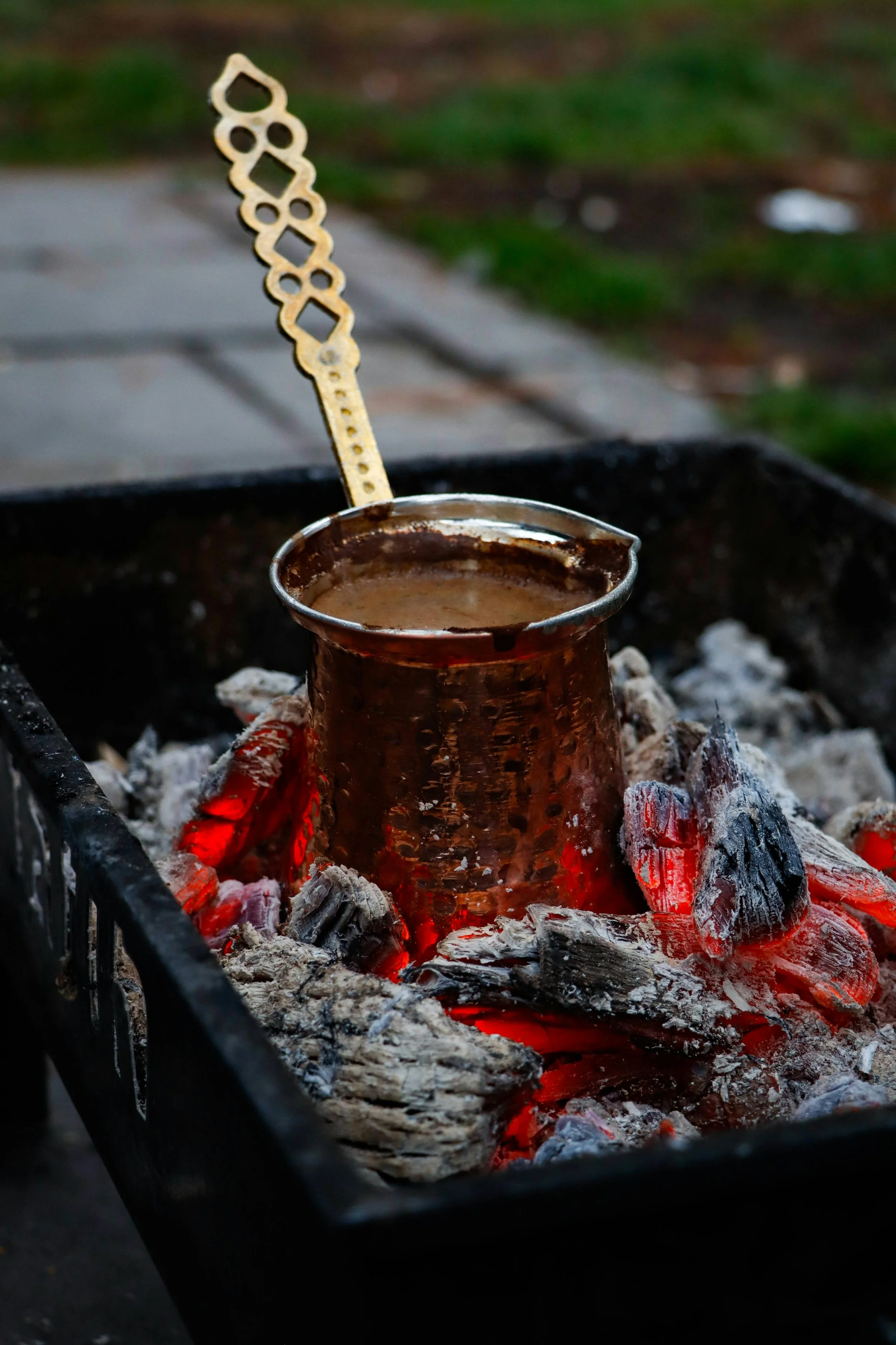Cold Yogurt Soup / Yoğurt Aşı
COLD YOGURT SOUP / YOĞURT AŞI: Refreshing Delicacy for Hot Summer Days
Note: By clicking on this video, you allow third parties (YouTube and Google) to access your data. Visit our privacy policy for more info.
A Refreshing Delicacy from the Steppes to the Mediterranean
Yogurt has journeyed far across centuries and continents—from the windswept steppes of Central Asia, where nomadic Turkic tribes fermented it for nourishment and preservation, to today’s summer tables across Türkiye. It remains a culinary treasure of Turkish cuisine, connecting generations through its timeless simplicity and health-giving properties.
Cold Yogurt Soup, or Soğuk Yoğurt Aşı, is one of the most refreshing dishes for sweltering summer days. A silky blend of yogurt and wheat, lifted by the earthy sweetness of beetroot and the gentle aroma of cold-pressed olive oil, this humble soup cools the body and soothes the soul.
More than a seasonal comfort, it is a natural remedy for heat-induced fatigue. Rich in minerals, electrolytes, and beneficial bacteria, it replenishes what the sun drains away, helping to balance hydration and blood pressure. In this way, Soğuk Yoğurt Aşı becomes not just a dish, but a form of ancestral wisdom—crafted for resilience, grounded in simplicity.
This simple yet refined recipe invites you to enjoy the healing properties of yogurt, grains, and beetroot. Whether served as a midday meal or a light evening dish, it speaks of summer in every spoonful; refreshing the body, calming the spirit, and reminding us of the nourishing traditions we carry forward.
Ingredients
1 cup wheat
1 kg yogurt
4–5 small beets (~400 g)
1–1.5 L water (for boiling beets)
1 tbsp salt (divided)
2–3 tbsp cold-pressed olive oil
Directions
PREPARING THE WHEAT:
Rinse and drain 1 cup of wheat.
Boil 5 cups (approx. 1 L) of water and add the wheat.
Cook for 35–40 minutes on low heat until the grains are very soft.
Cool to room temperature, then refrigerate for at least 3–4 hours, or overnight.
PREPARING THE BEETS:
Wash beets thoroughly. Do not peel.
Place in a pot and add water until it covers them by 2–3 cm.
Bring to a boil, then lower heat and simmer for 45–60 minutes until tender.
Once cool, peel and dice the beets.
Add 1 tsp salt and 2–3 tbsp cold-pressed olive oil. Mix and refrigerate.
PREPARING THE YOGURT:
Whisk 1 kg yogurt with 1 tsp salt until smooth and lump-free.
ASSEMBLING THE SOUP:
Mix the chilled wheat into the yogurt.
Stir well until homogenous.
Chill until serving.
SERVING:
Serve cold, adding 1 tbsp of diced beets per bowl.
Stir lightly to create a pink marble pattern.
Add more beets if desired for colour and flavour.
Enjoy this chilled delight on the hottest of days, with the comforting thought that your ancestors likely did the same.
[Notes from the Kitchen]
Don’t peel the beets before cooking. Keeping the skin on preserves their vibrant colour.
Use cold-pressed olive oil. Its subtle flavour enhances the beet mixture beautifully.
Soften the wheat thoroughly. Fully tender grains blend better with yogurt.
Chill everything. This dish is all about refreshment; every component should be cold.
Stir gently. You want a beautiful marbled swirl—not a fully pink soup.
Make it ahead. The soup stores well in the fridge for 2 days. Add beets just before serving.
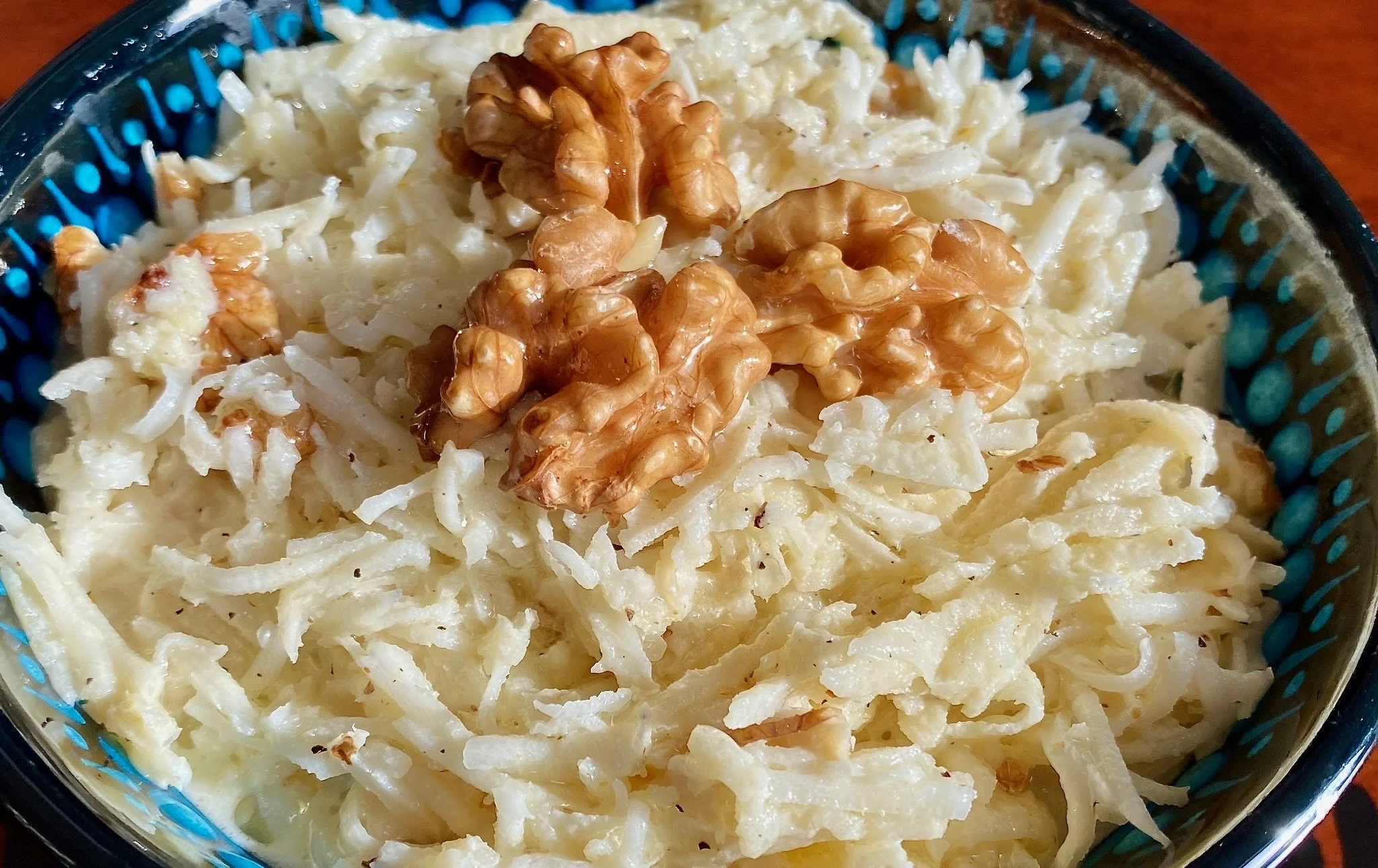
There is a particular kind of hesitation that happens in front of the produce wall…
Somehow, a holiday about light, generosity, and togetherness became the time of year we panic-buy our way into proving we care…
What if the healthiest thing you could do is stop believing everything in the grocery aisle that calls itself “super”?
Discover how baklava evolved from early Central Asian layered pastries to the refined Ottoman masterpiece we know today…
Explore how yoğurt weaves through Turkish cuisine, from soups and mezes to mains, pastries, and desserts... the timeless taste that ties every meal together.
Science confirms what our grandmothers always knew: sitting down together is the recipe for lifelong health.
Eby’s Golden Guernsey milk is the ‘secret’ ingredient that makes our sütlaç, puddings, pochas, sauces, and soups unforgettable…Reminding us why real quality matters.
From jars of tangy probiotic pickles to real fruit leathers and vitamin-rich tarhana soup mix, we share how a Mediterranean family in Canada prepares their pantry for the long winter, with recipes rooted in tradition, adapted for today.
Istanbul’s cuisine is not a story of invention but of conversation, where Thracian settlers, Greek tavern-keepers, Armenian bakers, Jewish exiles, Kurdish migrants, and Ottoman courts all left their mark on the city’s table.
Preserving food wasn’t a hobby. It was survival, celebration, and creativity all at once.
Mediterranean diet is about memory, movement, and meals that satisfy body and soul.
Before it was a health trend, yogurt was medicine, snack, and staple: fermented on horseback, shared across empires, and still echoing in every spoonful today.
Shared meals don’t just feed the body. They knit our hearts together, heal loneliness, and keep old stories alive at the table.
What if tradition wasn’t about perfection or the past… but about adapting wisdom for a better life today?
From leaves to molasses, from sour to sweet — the grape vine carries 10,000 thousand years of Anatolian wisdom into every season.
More than flavour, preservation is geography, memory, and thousands of years of learning to listen to the land…
Before there were books or blueprints, there were mothers—teaching us how to live, protect, and remember.
The future of your health — and the planet — might depend on something as simple as choosing a ripe tomato in season…

